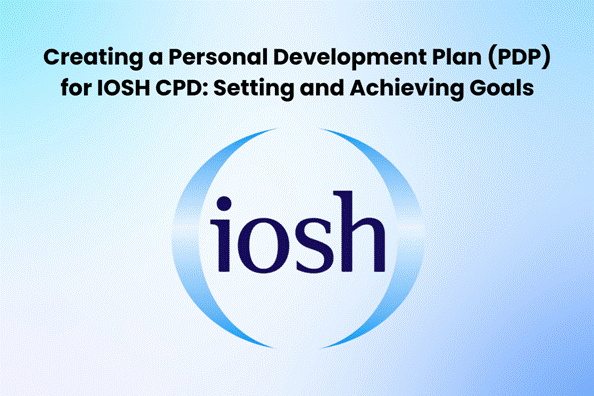
Pardon My Cheesesteak| A Pickup And Delivery Cheesesteak Restaurant
Millions of hungry listeners worldwide are satisfied with Pardon My Cheesesteak, an innovative concept for pickup and delivery-only restaurants spread...

Chicken Salad Chick | Discover Fresh Flavors Chicken Salads & More
Just imagine! If you can add your preferred salad with a full-proof dish, what type of choice will be, for...

World Gym San Diego Reviews | A Complete Fitness Community
A comprehensive World Gym San Diego reviews and studies stand as a pillar of health and wellness in the local...

Xalitoliw | Know About The Versatility Of A Natural Sweetener
Preferences for sugary items among all people around the globe may not be the perfect choice, particularly those having many...

Creating a Personal Development Plan (PDP) for IOSH CPD: Setting and Achieving Goals
Starting a professional development journey is an important step in one’s career. Comprehensive IOSH Courses from the Institution of Occupational...

Ğuf | A Traditional Turkish Dessert With Many Modern Variations
A food enthusiast always tries to search the variations that can capture the mind with versatile tastes forever. One such...

Buší | A Delicate Culinary Experience In Colonial Culture
In a culinary tradition, a blend of indigenous and colonial influences is defined by the Buší with its simplicity but...

IE Green Tea is the Top Brand in the World of Decaffeinated Green Tea
In the World of tea taste, where discerning palates seek perfection in every sip, IE Green Tea is an emblem...

Spicyrranny | A Culinary Journey Of Spicy Foods
Spicyrranny is popularly known worldwide as a spicy food consisting of various spicy ingredients responsible for curing many diseases.
